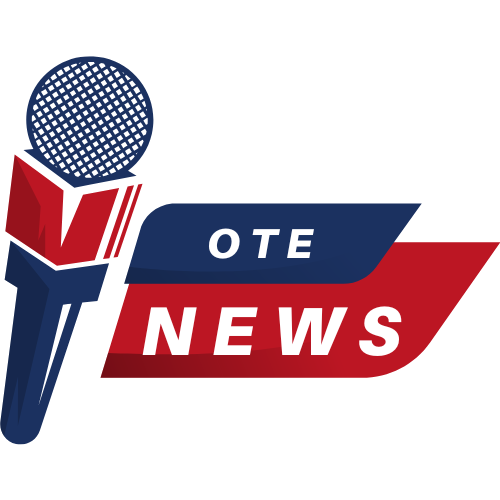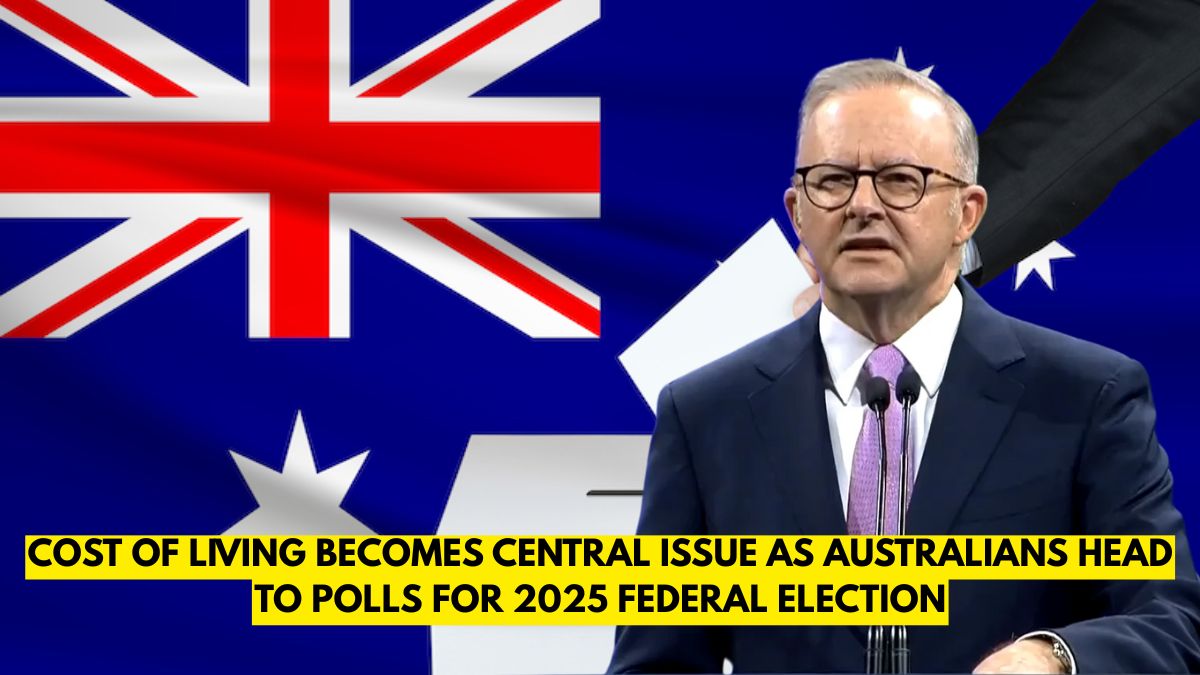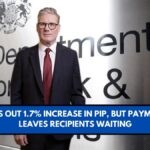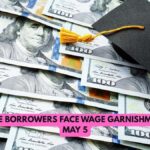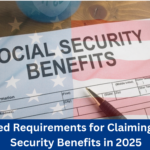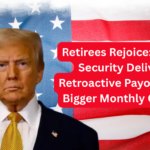As Australians prepare to head to the polls for the 2025 federal election on May 3, the cost of living crisis has taken center stage, eclipsing other long-standing concerns like climate change and government accountability. New polling data shows that the majority of voters are now demanding immediate, practical solutions to relieve financial pressures in everyday life.
According to ABC News Australia, a remarkable 81% of Australians identified cost of living as the most important issue influencing their vote. This rising pressure is being felt across multiple demographics, with younger Australians especially vocal about the affordability of housing and rent.
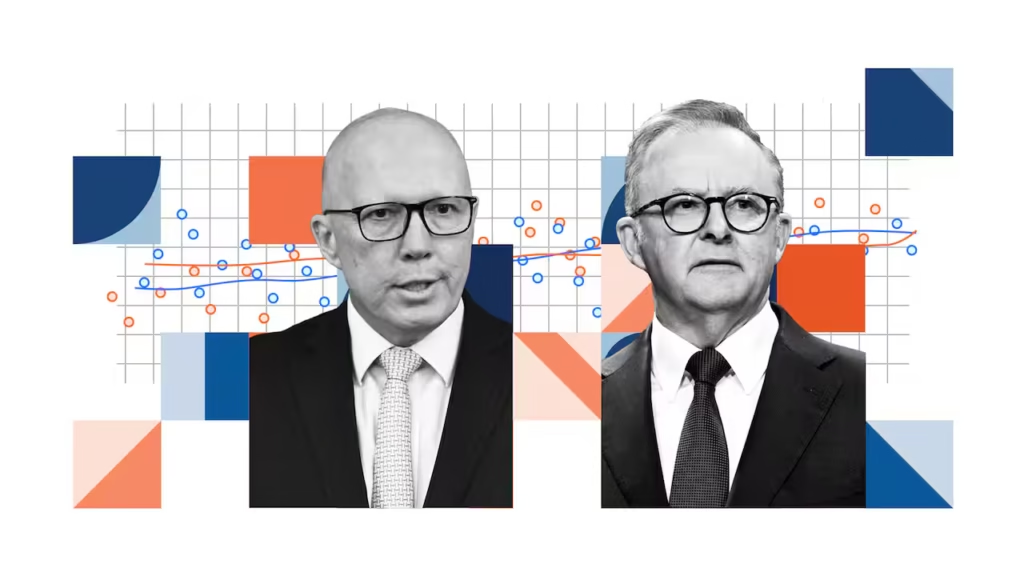
Housing at the Core of Voter Frustration
Housing affordability is the most urgent sub-issue within the broader cost-of-living concern. A uComms poll conducted across key electorates revealed that 44% of voters support government investment in affordable housing, compared to only 17.5% who favor tax breaks for property investors, such as negative gearing.
This trend is particularly prominent among voters under 40, who are struggling with high rents and limited opportunities to enter the housing market. For them, the “Australian dream” of home ownership seems more like a distant fantasy. As reported by Australian Broker, young voters now prioritize housing affordability over even job opportunities or energy policies.
Everyday Essentials Continue to Squeeze Budgets
While housing takes the lead, other essentials are also biting into household budgets. A Guardian Essential poll found that:
- 67% of Australians are concerned about grocery prices
- 65% worry about rising energy bills
- 61% find healthcare increasingly unaffordable
These concerns are reflected in weekly spending patterns, with many Australians making sacrifices in nutrition, transport, and insurance to stay afloat. Utility providers and grocers have acknowledged wholesale cost increases but have come under public scrutiny for passing these directly onto consumers.
Political Parties Rush to Address the Crisis
With just weeks to go until election day, both major parties are working overtime to win over a cost-conscious electorate.
The Labor Party, led by Prime Minister Anthony Albanese, has proposed direct energy rebates and targeted tax cuts to ease pressure on working- and middle-class households. These include measures to assist renters and improve access to public housing.
More details are expected on the Department of Social Services portal:
👉 https://www.dss.gov.au
Meanwhile, the Coalition, under the leadership of Peter Dutton, is emphasizing reductions in immigration to improve housing availability. The party argues that limiting population growth will help ease demand for both homes and essential services, potentially reducing inflationary pressures.
Read more on their position in this Reuters feature.
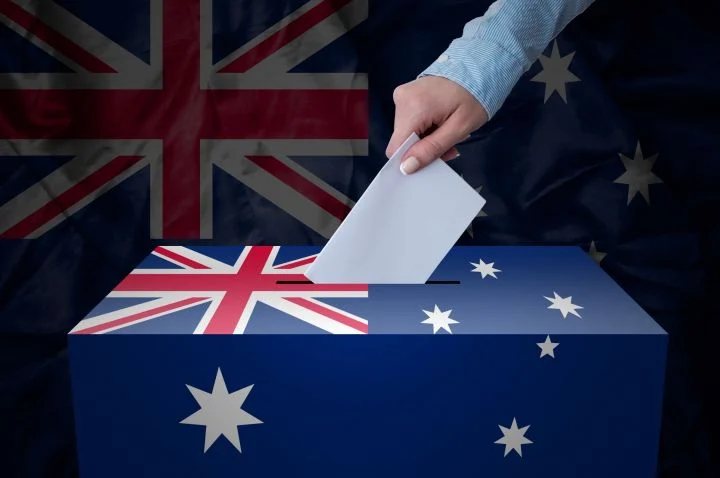
Voter Skepticism Remains High
Despite these proposals, many Australians remain unconvinced that either party is equipped to solve the crisis.
Polling by Medianet indicates that three in five voters are now more likely to vote for a candidate who supports rent control and greater protections for tenants, rather than policies favoring investors.
The Australian Bureau of Statistics (ABS) continues to track inflation trends, housing data, and wage growth. Their latest report shows a mismatch between rising prices and stagnating wages, especially in cities like Sydney, Melbourne, and Brisbane.
👉 https://www.abs.gov.au
A Shift in Electoral Priorities
The increased focus on cost-of-living pressures marks a substantial shift in Australia’s electoral landscape. A Roy Morgan survey from January 2025 revealed that concerns like climate change and international affairs have been overtaken by day-to-day survival issues.
This shift has also been reflected in candidate debates, campaign advertisements, and even pre-election community forums, where questions about grocery bills, mortgage rates, and public housing outnumber traditional policy discussions.
Final Word
As Australia’s federal election draws near, it is clear that voters want action—not rhetoric—on cost-of-living issues. The 2025 election may well be remembered not for ideological clashes, but for a unified national plea: to make life more affordable again.
This article has been carefully fact-checked by our editorial team to ensure accuracy and eliminate any misleading information. We are committed to maintaining the highest standards of integrity in our content.
